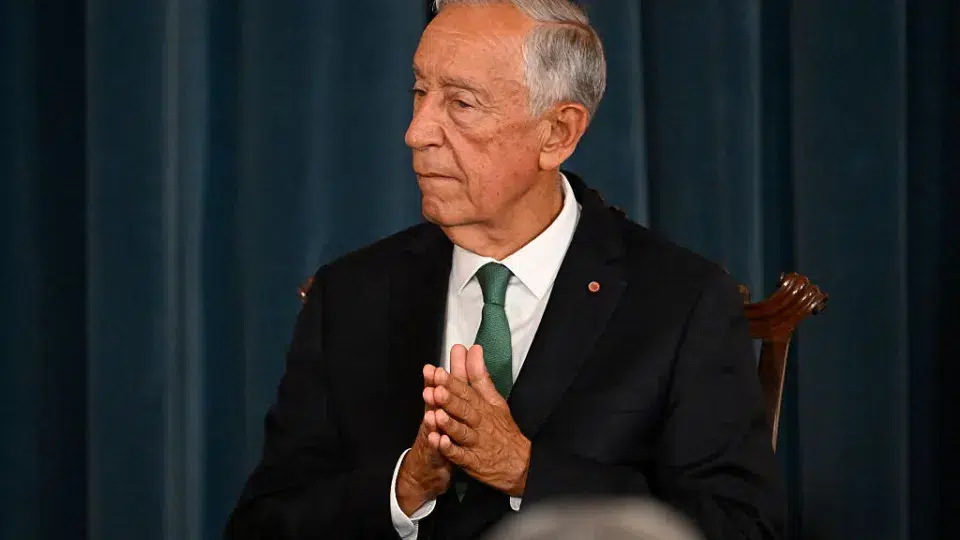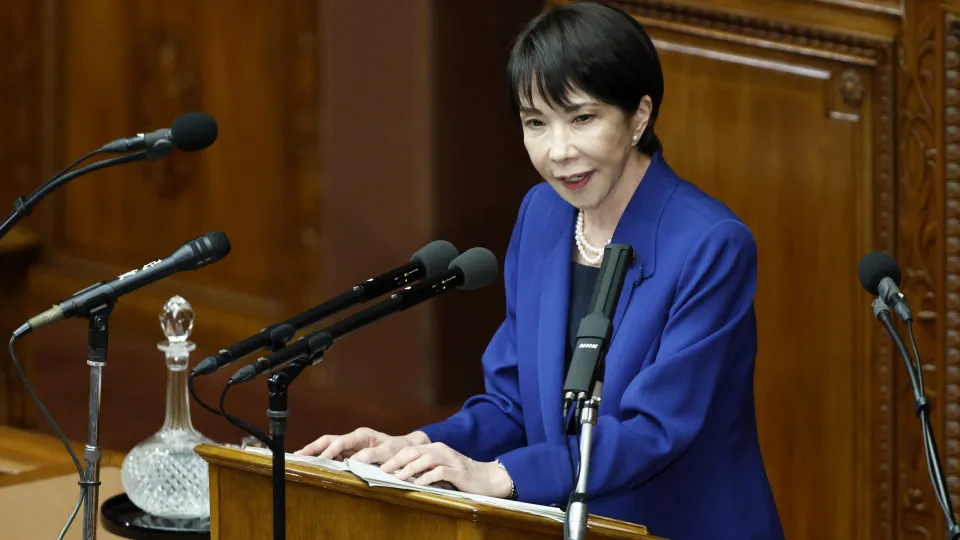
Upon arrival in the Principality on Thursday evening, the head of state remarked that “more action is needed” in environmental protection and the achievement of “goals,” something that, he lamented, “has not been happening.”
“Unfortunately, climate and environment have ceased to be a priority. We will talk about this and the oceans, where Monaco has been a constant supporter of Portugal and our struggle for the environment, climate, and oceans. But it is a priority that has been lost over the last two years,” he noted.
This marks Marcelo Rebelo de Sousa’s first state visit to Monaco and one of the last of his term.
With less than two months to the presidential elections, scheduled for January 18, and about three and a half months before concluding his duties (March 9, 2026), Marcelo embarks on his 170th foreign trip— a tally that includes not only official visits but all other travels, divided by country, even if done consecutively for various reasons.
Marcelo Rebelo de Sousa will be received in the morning at the Prince’s Palace of Monaco by Albert II, in a ceremony with military honors, anthems, and a review of the guard of honor, followed by an audience, lunch, and the signing of a bilateral cooperation agreement.
In the early afternoon, the President of the Republic will visit a photographic exhibition on King D. Carlos—who associated with Prince Albert I, great-grandfather of the current monarch, both sharing a passion for oceanography—and will participate in the unveiling of a bust of the former Portuguese monarch in the Saint-Martin Gardens, near the palace.
Subsequently, the head of state will visit the Monaco Oceanographic Museum, the venue where, later in the day, he will host a reception for the Portuguese community in the Principality, after which he will return to Lisbon.
According to a note released by the Presidency of the Republic on the official website, this state visit “testifies to the historical ties and friendship between the two countries, as well as the desire to strengthen bilateral cooperation in areas of common interest, focusing on the preservation of oceans and biodiversity.”




